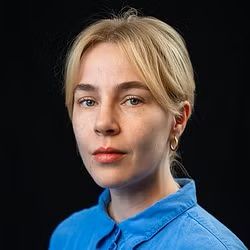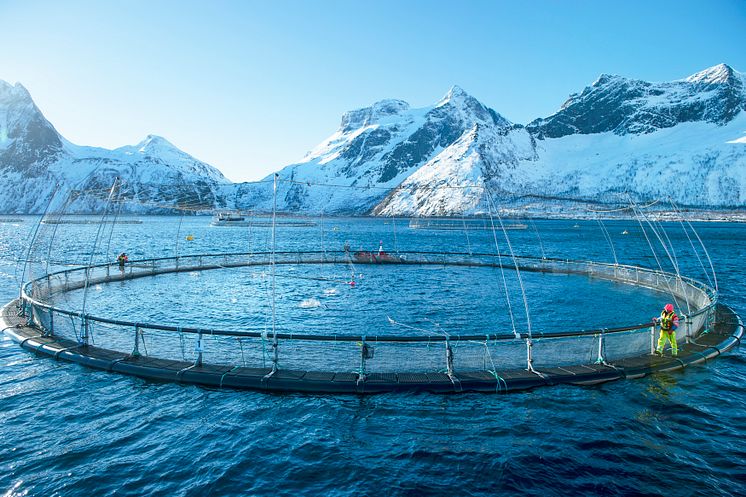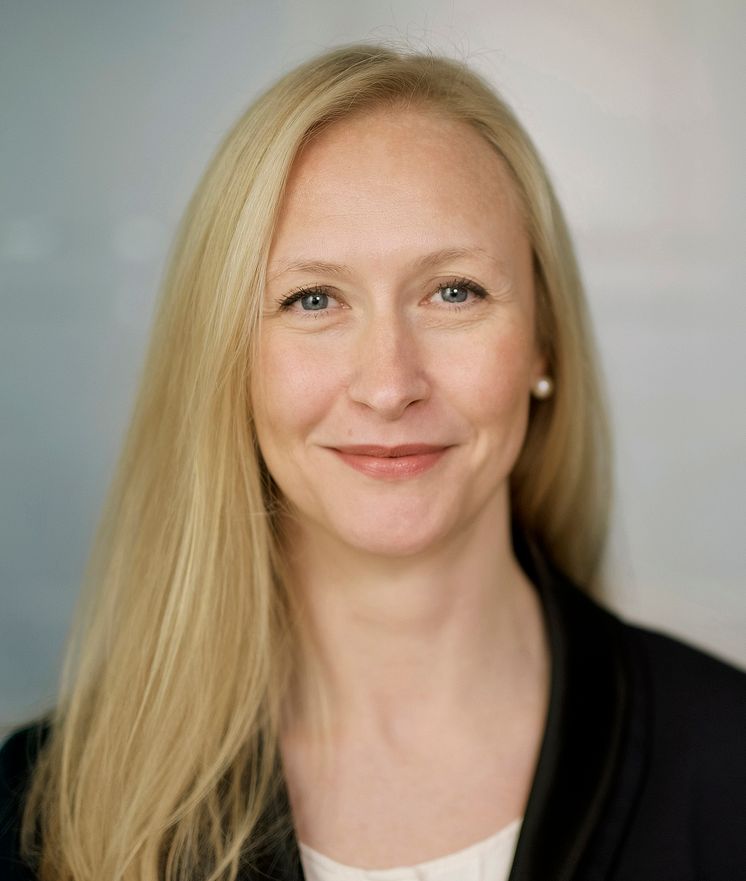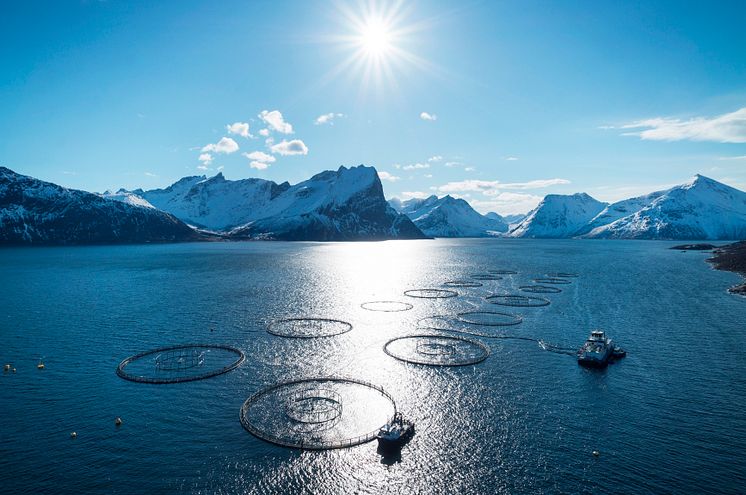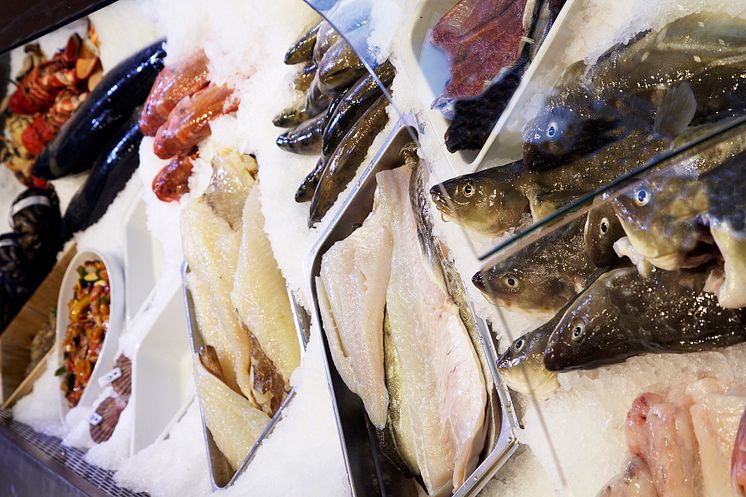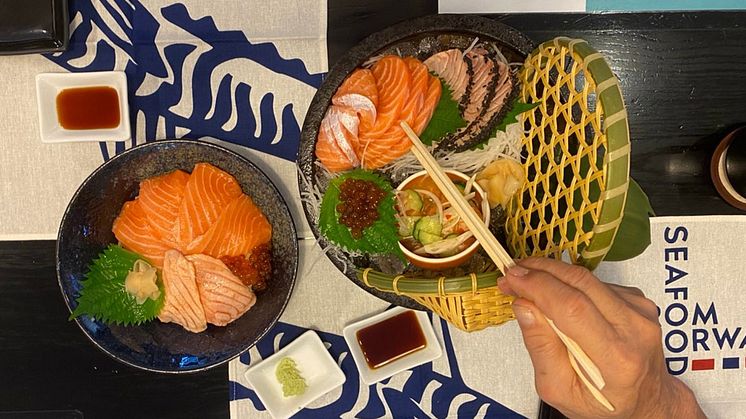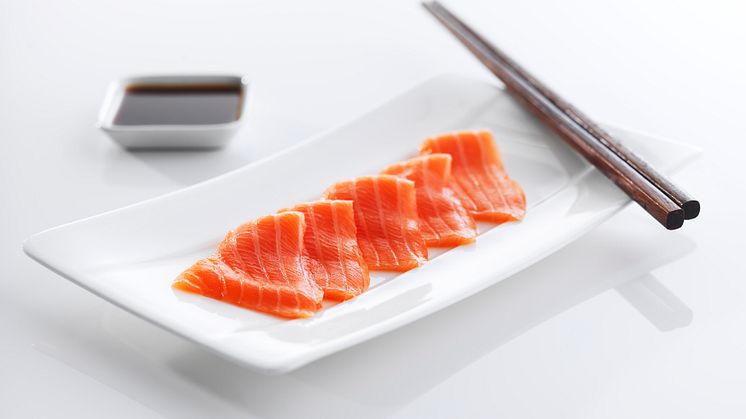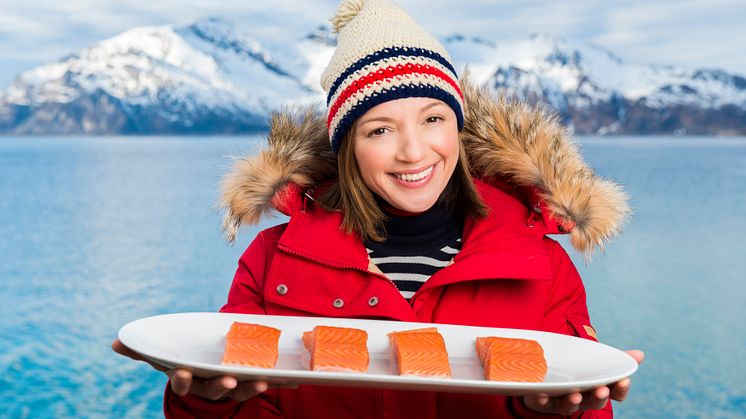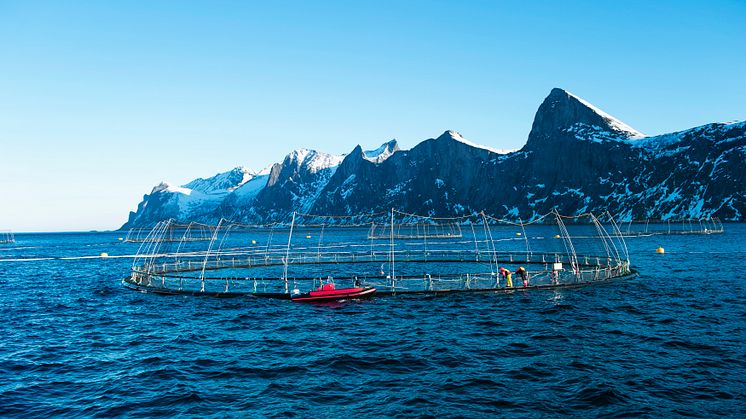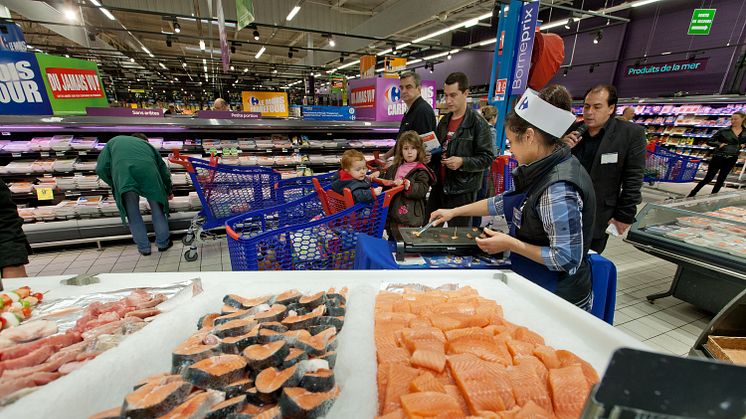
Press release -
More seafood is the answer to future food security – but we are not eating enough
Managed responsibly, the oceans can provide over six times more food than it does today, a new report shows.
The report was presented at a UN conference about sustainable fisheries in Rome today and is the first in a series of 16 blue papers from the High Level Panel for a sustainable ocean economy.
The main conclusion from the report is that if wild fisheries and aquaculture is managed in a sustainable way, the oceans could provide over six times more food than it does today. This represents more than two thirds of the world’s future protein needs, and with a much lower carbon footprint than many other foods. Sustainable marine aquaculture – or mariculture – is highlighted as the area with the most potential for growth.
- This is yet another report where seafood is hailed as the answer to both environmental and public health challenges, and presents huge potential for a sustainable and transparent seafood industry, says Renate Larsen, CEO of the Norwegian Seafood Council.
Other reports pointing to seafood as part of the answer:
- An edible solution to the climate crisis
- 2019 Coller FAIRR report ranks Norwegian salmon most sustainable among world’s largest protein producers
- Ocean farming can help preserve global ecosystems
An edible solution to the climate crisis
- In a world where consumers are more and more concerned about environmental issues and the vegetarian wave is gathering pace, we all have a responsibility to speak up for seafood as part of the solution, says Larsen.
The growing body of scientific evidence highlighting the need to produce more food from the oceans, to address the climate crisis and future food security, resonates well with consumer trends.
- Food safety and sustainability are growing concerns for seafood consumers. People increasingly want to know where their food comes from and that it is produced in the most sustainable manner possible. We are moving away from responsible and transparent production being a nice to have, and into a world where it is a necessity to be able to prove it and speak up about it, says Larsen.
Only half of the respondents in the 2019 NSC Seafood Consumer Index reported eating recommended amounts of seafood. The study is the world’s largest seafood consumer study, mapping preferences and trends among more than 25,000 respondents across up to 25 markets annually.
- Our studies show that only half of us eat recommended amounts of seafood and consumption is declining in many developed markets. That is worrying, and needs to be addressed by health authorities, retail and seafood producers. Not only for our own health, but also for the planet, says Larsen.
A global leader in sustainable seafood production
Norway is the world’s second largest exporter of seafood, providing 37 million daily meals of seafood to 146 countries across the globe. Responsible management of our precious resources is at the very core of the Norwegian seafood industry.
- The Norwegian model of seafood production is often acknowledged as best practice, and we are renowned across the world for the sustainable management of wild fisheries and responsible aquaculture production. By choosing seafood from Norway consumers can be assured they are eating some of the most sustainable and highest quality seafood there is, says Larsen.
Read more about Seafood from Norway.
About the report
The 1st of 16 Blue Papers: “The Future of Food from the Sea”:
How we feed a growing global population in a way that is nutritious, sustainable and economically viable is an increasing challenge.
- This Blue Paper confirms the importance of ocean food production systems in global future food and nutritional security.
- Through smarter management of wild fisheries and the sustainable development of marine aquaculture (mariculture), the ocean could supply over six times more food than it does today, while helping restore the health of ocean ecosystems.
- Advances in ocean production can only be achieved with a concurrent focus on addressing threats to ocean health, such as climate change and overfishing.
- The ocean plays an important role in global food provision and has the potential to play a much more significant role through increased mariculture (i.e. aquaculture that occurs in the sea) production, and to a lesser extent, traditional capture fisheries production.
- Significantly expanding fed mariculture (i.e. mariculture of species that rely on feed inputs for nutrition, such as finfish and crustaceans) in a sustainable way is possible but will require major innovations in feed so production is not limited by capture fisheries.
- Under optimistic projections regarding alternative mariculture feed innovations and uptake, the ocean could supply over six times more food than it does today (364 million metric tons of animal protein). This represents more than two-thirds of the edible meat that the FAO estimates will be needed to feed the future global population.
- While the supply of food from the sea can expand significantly, demand for these products will depend on prices, consumer preferences, income and national and local capacities to implement novel management approaches.
- Food from the sea provides essential vitamins, minerals, long chain omega-3 fatty acids and other nutrients not found in plant-source foods or other proteins.
- Aquatic animals have yet to be farmed on the same scale as terrestrial animals, the potential to scale production is enormous.
Read the full report here: www.oceanpanel.org/future-food-sea
The High Level Panel is led by Norwegian Prime Minister (PM) Erna Solberg and consists of 14 leaders from ocean nations across the world, such as Canadian PM Justin Trudeau, Japanese PM Shinzo Abe and Portuguese PM Antonio Costa. The full report on sustainable ocean economies will be presented at the UN Ocean Conference in June 2020.
Topics
The Norwegian Seafood Council works with the Norwegian fisheries and aquaculture industries to develop markets for Norwegian seafood through local market intelligence, market development and reputational risk management. The Seafood Council is headquartered in Tromsø and maintains local representatives in twelve of Norway's most important international markets. The Norwegian seafood industry finances the activities of the Norwegian Seafood Council via a tariff on all Norwegian seafood exports.
The Norwegian Seafood Council is a public company owned by the Ministry of Trade, Industry and Fisheries.



